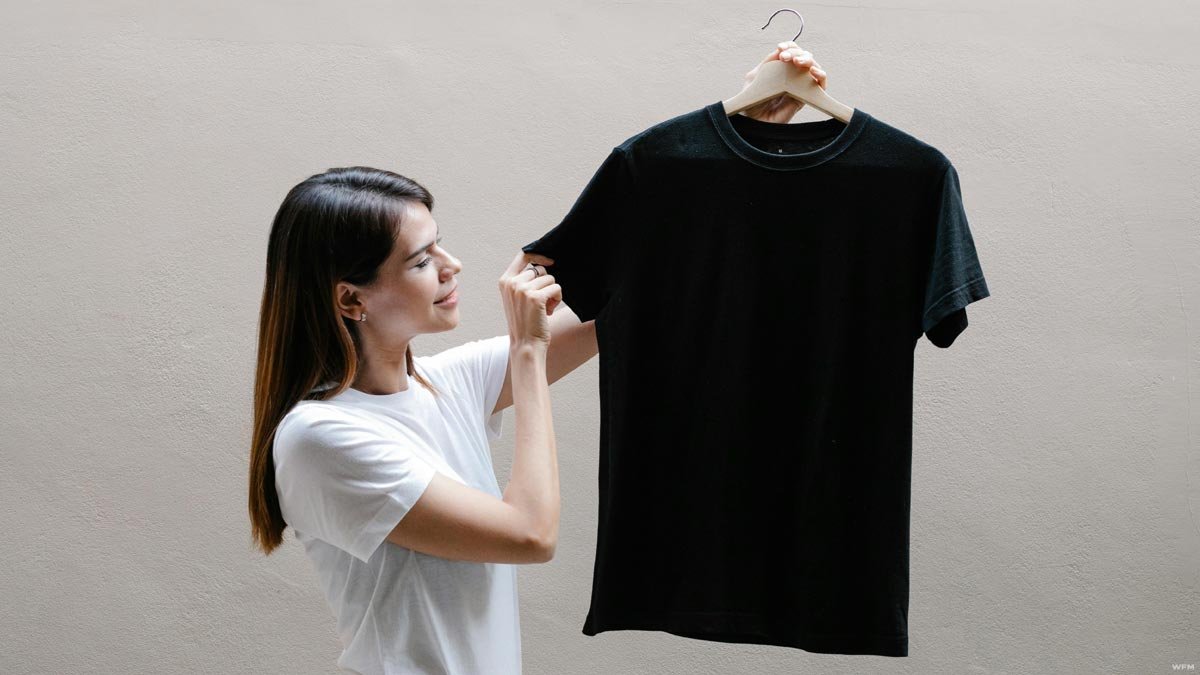Sustainable Fashion: The Shift Towards Eco-Friendly Apparel : In recent years, the fashion industry has faced increasing scrutiny over its environmental impact, prompting a significant shift towards sustainable fashion. As awareness of climate change, pollution, and ethical labor practices grows, consumers are becoming more conscious of the fashion choices they make.
This article explores the concept of sustainable fashion, its importance, and the ways in which the industry is evolving to create a more eco-friendly future.
Understanding Sustainable Fashion
Sustainable fashion refers to a movement within the fashion industry that aims to create a system that is environmentally friendly, socially responsible, and economically viable. It encompasses various aspects, including the materials used in clothing production, the manufacturing processes, and the overall lifecycle of garments from design to disposal. Sustainable fashion prioritizes minimizing waste, reducing carbon footprints, and ensuring ethical labor practices throughout the supply chain.
The Importance of Sustainable Fashion
-
Environmental Impact
The fashion industry is one of the largest polluters globally. From water pollution caused by dyeing processes to the enormous amounts of waste generated by fast fashion, the environmental toll is staggering. According to the Ellen MacArthur Foundation, the fashion industry is responsible for 10% of global carbon emissions and is the second-largest consumer of the world’s water supply. By shifting towards sustainable practices, the industry can significantly reduce its ecological footprint and contribute to the preservation of natural resources.
-
Ethical Labor Practices
Fast fashion has often been associated with unethical labor practices, including exploitation, poor working conditions, and low wages. Many brands have faced criticism for sourcing their products from factories with inadequate labor standards. Sustainable fashion promotes ethical practices by advocating for fair wages, safe working conditions, and transparency in the supply chain. This shift ensures that workers are treated with dignity and respect, fostering a more equitable fashion industry.
-
Consumer Demand for Change
As consumers become more aware of the environmental and social impacts of their purchases, they are increasingly demanding sustainable options. A 2021 survey by McKinsey & Company found that nearly 67% of consumers consider sustainability when making a purchase. This shift in consumer behavior is forcing brands to rethink their practices and invest in sustainable materials and ethical manufacturing processes to remain competitive in the market.
How the Fashion Industry is Evolving

-
Sustainable Materials
One of the most significant changes in the fashion industry is the adoption of sustainable materials. Brands are exploring alternatives to traditional fabrics such as cotton and polyester, which require substantial resources to produce. Materials like organic cotton, Tencel, hemp, and recycled fabrics are gaining popularity for their lower environmental impact. Additionally, innovative materials such as lab-grown leather and bio-based textiles are being developed, offering exciting new options for eco-conscious consumers.
-
Circular Fashion
Circular fashion is a concept that emphasizes the longevity and recyclability of clothing. It encourages consumers to think about the lifecycle of their garments, from production to disposal. Brands are adopting circular practices by designing clothes for durability, promoting repair and resale, and implementing take-back programs to recycle old garments. This approach reduces waste and encourages a more sustainable relationship with fashion.
-
Transparency and Ethical Sourcing
Transparency is becoming a crucial factor in consumer purchasing decisions. Brands are increasingly providing information about their supply chains, production processes, and labor practices. Certifications such as Fair Trade, Global Organic Textile Standard (GOTS), and OEKO-TEX® allow consumers to make informed choices and support brands that align with their values. This transparency builds trust between consumers and brands, encouraging a more responsible fashion industry.
-
Collaboration and Innovation
Sustainable fashion is fostering collaboration between designers, brands, and organizations dedicated to environmental causes. Initiatives such as the Fashion Pact and the Sustainable Apparel Coalition bring industry players together to set goals and share best practices for sustainability. Additionally, innovation is driving the development of new technologies that reduce waste and energy consumption, further advancing the shift towards sustainable practices.
The Role of Consumers

While the fashion industry is making strides toward sustainability, consumers also play a critical role in this transformation. Here are several ways individuals can contribute to the movement:
-
Conscious Consumption
Consumers can make a significant impact by choosing to buy less and select high-quality, sustainable products. Opting for timeless pieces over fast fashion can reduce waste and promote a more sustainable wardrobe.
-
Support Ethical Brands
Researching and supporting brands that prioritize sustainability and ethical labor practices is crucial. Consumers can look for certifications and labels that indicate a brand’s commitment to environmental and social responsibility.
-
Secondhand Shopping
Buying secondhand clothing is an effective way to reduce waste and extend the lifecycle of garments. Thrift stores, consignment shops, and online platforms for resale make it easy for consumers to find unique pieces while minimizing their environmental footprint.
-
Educate Others
Raising awareness about the importance of sustainable fashion within personal networks can amplify the movement. Sharing knowledge about the environmental impacts of fashion and promoting sustainable choices can inspire others to adopt more eco-friendly habits.
Conclusion
Sustainable fashion is more than a trend; it is a necessary evolution of the fashion industry in response to the pressing environmental and social challenges of our time. By prioritizing eco-friendly materials, ethical labor practices, and circular production processes, the industry can create a more sustainable future. Consumers also have the power to drive change through conscious choices and support for ethical brands. Together, we can work towards a fashion landscape that values sustainability, promotes fairness, and preserves our planet for future generations.




